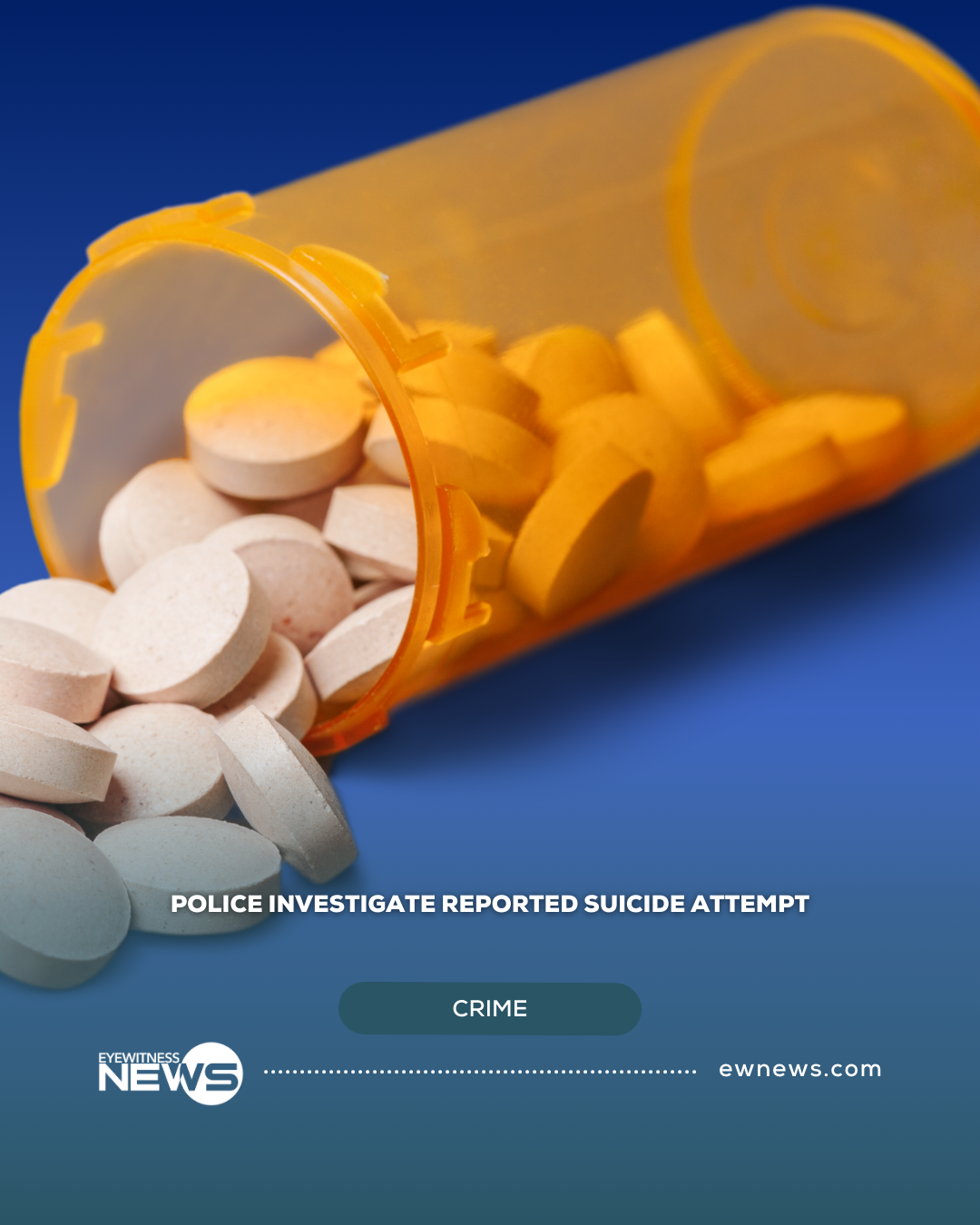NASSAU, BAHAMAS —Just under 50 percent of the hospitalized COVID-19 cases as of last week were admitted to hospital for other ailments, but learned of their COVID status following their admission at Princess Margaret Hospital (PMH), according to Dr Nikkiah Forbes, director of the National HIV/AIDS and Infectious Disease Programme.
She said the burden on the healthcare sector remains the same, with all patients positive for COVID requiring isolation, and medical personnel for their non-COVID related ailments.
“At the end of the day it boils down to patients who are in hospital who need care, including care for their other medical problems, whether stroke or heart attack or surgical reasons or to deliver a baby and they would need to be in respiratory isolation,” Forbes said when contacted.
“So, it does require healthcare staff to care for these patients and then that means a diversion or staff from non-COVID areas and things like elective surgeries, clinics are compromised and cancelled. Things like imaging and other appointments are cancelled.
The Bahamas recorded 818 cases on Friday — a record single-day number of infections since the onset of the pandemic.
Hospitalized cases increased from 84 to 98, of which seven remain in Intensive Care Units (ICU).
That figure increased to 110 on Monday.
At the time, Forbes spoke to Eyewitness News, hospitalized cases stood at 84.
“The thing with omicron, even though for many people, the symptoms are less severe, there are still people who are going to get very sick and need to be hospitalized,” Forbes said.
“And because it is still infectious, once people are sick — because so many people are sick there’s an increased chance that people will also present with severe symptoms and need to be hospitalized. And so, that’s exactly what’s happening just based on the numbers.
“And so, we’re seeing an increase in hospitalizations.
She continued: “There are other persons presenting for other reasons like a fracture or having a baby or they were in a traffic collision or other medical problems and when tested on admissions, find out they’re COVID-positive, so they have to go to those care areas.
“It is adding to increased hospitalizations.”
Asked if patients were requiring the same therapeutics and high-flow oxygen required with previous waves, given omicron’s profile, Forbes said a number of patients still require oxygen.


















